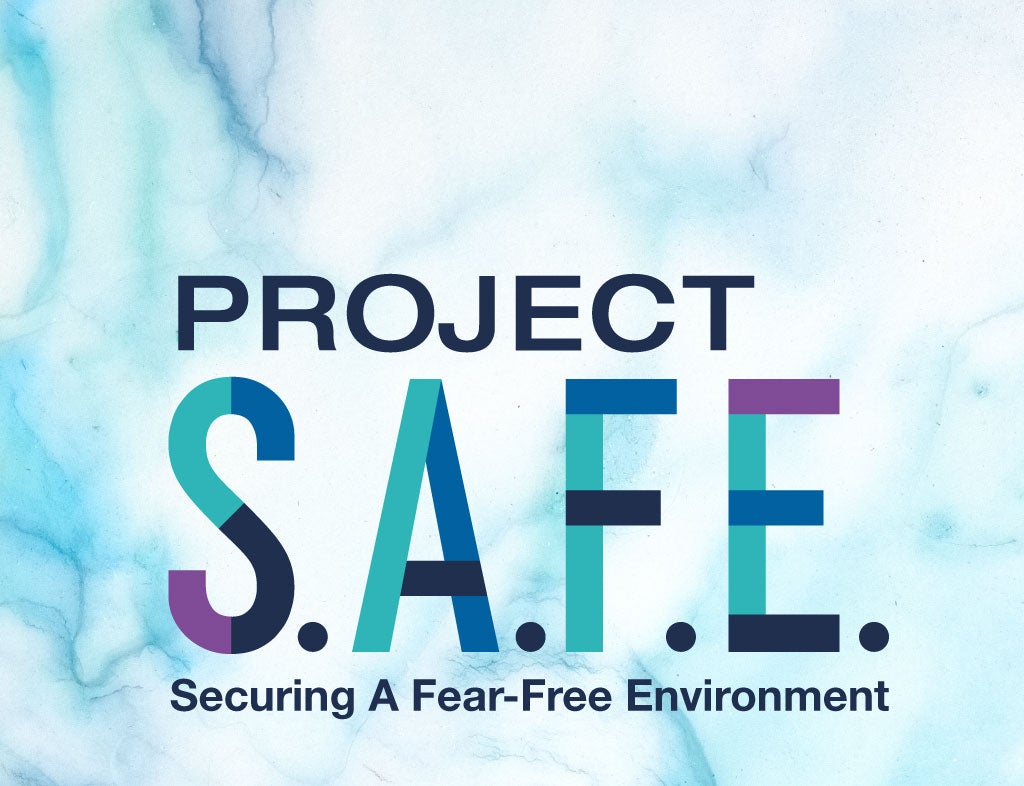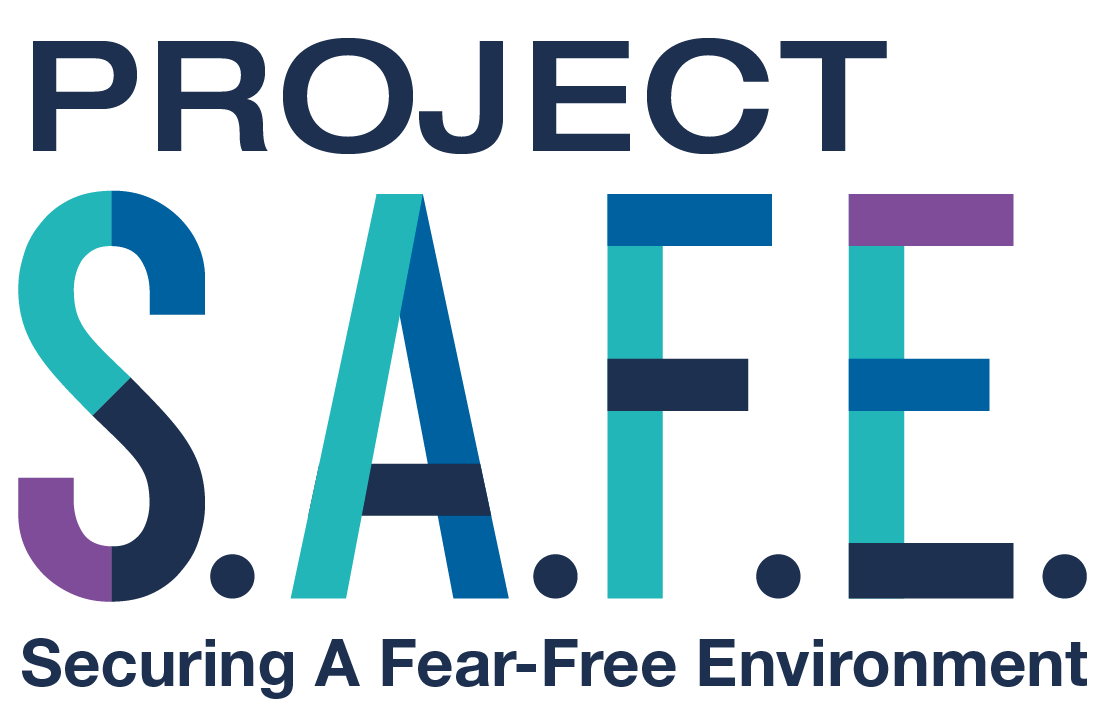City Colleges’ violence prevention and response initiatives aim to prevent violence before it occurs and support those impacted by violence in the aftermath. Project S.A.F.E. provides district-wide prevention education and programming on gender-based violence. Survivor Advocacy Services provides direct advocacy and support to community members impacted by violence, including gender-based violence and community violence.

WHAT SUPPORT IS AVAILABLE?
It can be difficult and confusing to figure out where to turn for help after abuse or violence. Survivor Advocacy Services provides confidential, comprehensive services to those who have been impacted by violence. Survivor advocates can answer questions, walk you through your options, and offer referral support through our vast network of community partners across Chicago. City Colleges’ Wellness Centers also offer clinical mental health services and are trained to provide confidential support. Some of the services we can help you with include:
To connect with services and/or survivor advocacy, please contact your college’s Wellness Center or Survivor Advocacy Services. All services are free and confidential.
Where can I receive confidential support at City Colleges?
It can be difficult and confusing to figure out where to turn for help after abuse or an assault. There are confidential resources to support individuals who have been affected by violence at City Colleges.
Support can mean talking about what happened to you, learning more about your options, and get connected with additional resources.
Confidentiality means that no information you share can be shared with anyone else without your permission.
This support is available to all City Colleges students and staff regardless of race, color, national origin, religion, sex, sexual orientation, gender expression, disability status, or age and is free and confidential.
24 HOUR HOTLINE
For daytime services, call your campus Wellness Center. For immediate assistance after hours, call the Illinois Domestic Violence Hotline at 877.863.6338.
REPORTING OPTIONS
What are my options for reporting?
Reporting means making a formal report or seeking intervention from an authority.
A Confidential Advisor in your campus Wellness Center can discuss these options with you and help you decide which option is best for you.
You can make an anonymous report to CCC Safety and Security by calling (312) 553-2748 or at your campus Safety and Security office. For your report to be anonymous, you must state from the beginning that you want the report to be anonymous. Reporting anonymously means that the outcome of your report is limited, but Safety and Security can take steps to ensure the future safety of yourself and others.
ABOUT PROJECT S.A.F.E.

Project S.A.F.E. is a districtwide initiative across the City Colleges of Chicago whose mission is to collaboratively develop and implement meaningful, engaging programs to prevent and address gender-based violence on our campuses and across our district.
We aim to promote equity in education by reducing barriers to educational access for those affected by gender-based violence by centering survivor safety, empowerment, and healing through a compassionate and intersectional approach.
GET INVOLVED
To get involved with gender-based violence prevention on your campus, connect with your Project S.A.F.E. Director:
- Harold Washington: Amanda Woolsey
- Truman: Annalise Castro
- Kennedy-King: Mychaela Worrell
- Malcolm X: Brett Cohen
- Olive-Harvey: Vanesha Paul
- Daley: Ashley Parker
- Wright: Aniela Tyksinski
For more information about Project S.A.F.E. please contact Samantha Luce, District Director of Violence Prevention and Response. For more information about Survivor Advocacy Services, please contact Ashley deRamos-Stark, Director of Survivor Advocacy Services.
To request a workshop, tabling at your event, or a presentation in your class, please reach out to projectsafe@ccc.edu.
To connect with or learn more about survivor services and advocacy, please contact your campus Wellness Center or Survivor Advocacy Services.
This project was supported by Grants No. 15JOVW-23/24-GG-04460/04462/04463/04464/04465/02446/02438-HBCU/CAMP, awarded by the Office on Violence Against Women, U.S. Department of Justice. The opinions, findings, conclusions, and recommendations expressed in this publication/program/exhibition are those of the author(s) and do not necessarily reflect the views of the U.S. Department of Justice.

